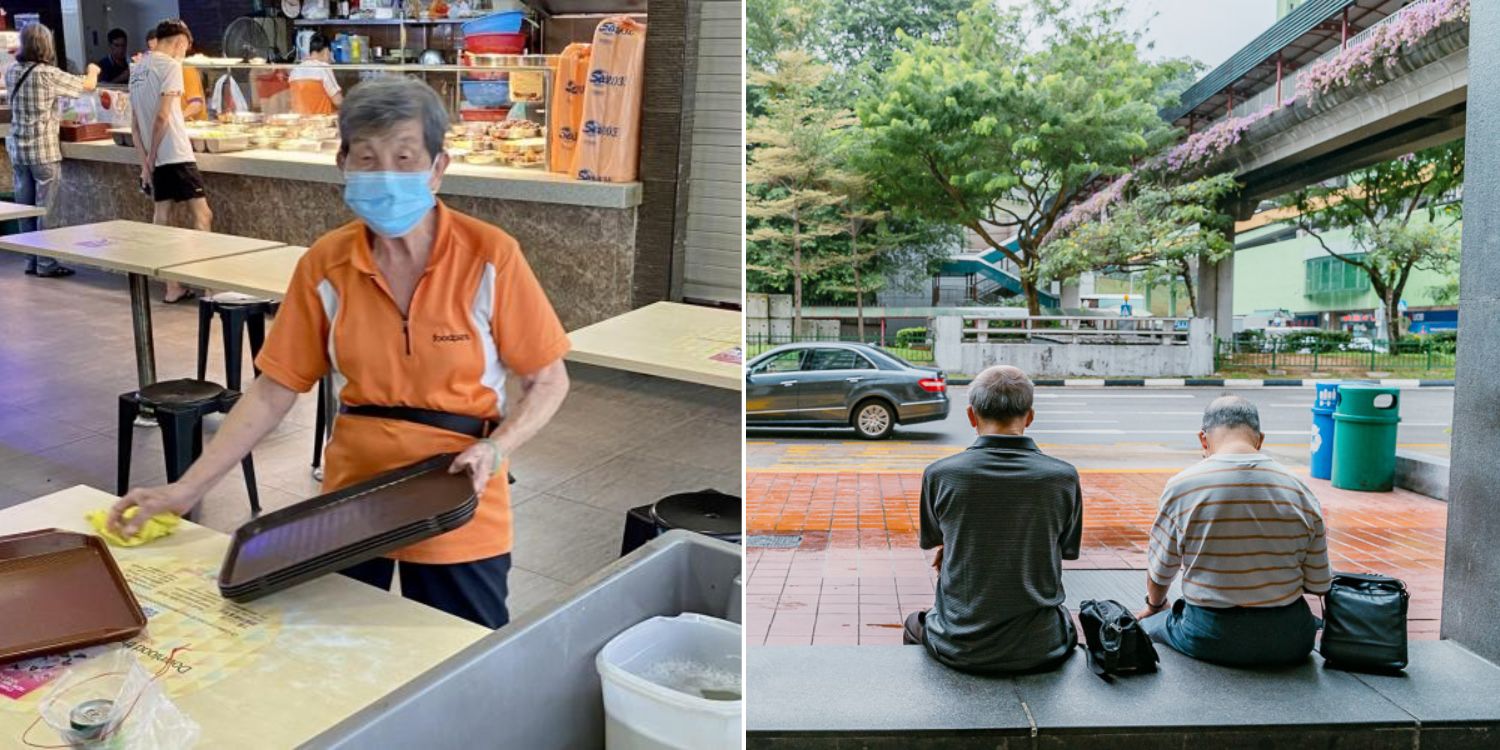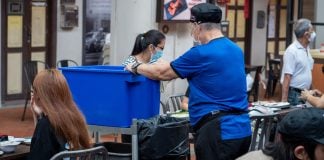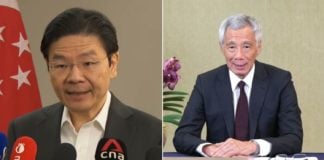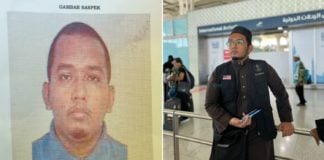Many Singaporeans Think Working In Old Age Is Generally Okay
While it’s not news that Singapore is gradually raising retirement and re-employment ages, seeing elderly folk toiling at work still leaves many of us divided.
After the story of a 95-year-old grandma working for the past 14 years as a cleaner went viral, MS News readers have written in to share their opinions on the matter.
95-Year-Old Grandma Works As Cleaner At Woodlands Coffee Shop, Says She Refused Children’s Money
Though some feel that such a phenomenon shouldn’t be normalised, many, including a few seniors, disagree. We examine some of their thoughts and justifications.
Working in old age helps keep seniors healthy
Our physical abilities and psychomotor skills naturally weaken as we age, making many old folks unfit for full-time work in rigorous environments.
However, staying at home without much to do won’t do them any good either. According to the US Centers for Disease Control and Prevention (CDC), physical activity is essential for healthy ageing.
For some senior citizens, work constitutes such activity, whether they’re administrative tasks or menial ones like cleaning. Rather than seeing work as a chore, it becomes a chance for them to stay active and healthy.
MS News reader Mrs Koh agrees, describing work “as a form of exercise”. Besides keeping seniors in shape, she says that interacting with other people at work “is useful for brain development.”

Mr Joromaly echoes her thoughts, explaining the benefits of socialising as a result of employment:
We will be active when [we] socialise more in communities especially to avoid dementia. No doubt, at our age, our brain function slows down, but we have to upkeep it to remain healthy every day. Nothing to do means time wasted and our minds run wild.
Indeed, many who expressed similar sentiments lamented how staying at home and staring at the walls daily may only cause old folks’ conditions to deteriorate, affecting their health.
Having a source of passive income will serve seniors well
Having worked for decades to sustain themselves and their families, some seniors may have accumulated enough savings to retire comfortably. In contrast, others need to keep earning just a little more to get by.
Either way, having an income allows them to be independent as they can’t always be fully reliant on their children. This is what an anonymous reader shared when they said, “jobs keep us (senior citizens) healthy and financially stable”:
Children are not our investment for retirement. They too have their own families. Even study loans from my CPF, I didn’t claim back from them . I will work until my body gives up.
Similarly, Mr Joromaly highlighted the importance of having a passive income to “not pass the burden to our children”. As long as the elderly are healthy, he thinks that many would still want to contribute to this society as long as they live.
Government support still important
Despite the absence of very strong opinions against senior employment, those who aren’t fully for it raised some pertinent points too.
For instance, Mr Singh feels that the Government should provide allowance to seniors to support them in old age. Mr Tan concurs, narrowing the scope to seniors above 70 as “most are frail and have medical problems”.
In this respect, perhaps, some people may be unaware of the various schemes available for seniors needing social assistance.
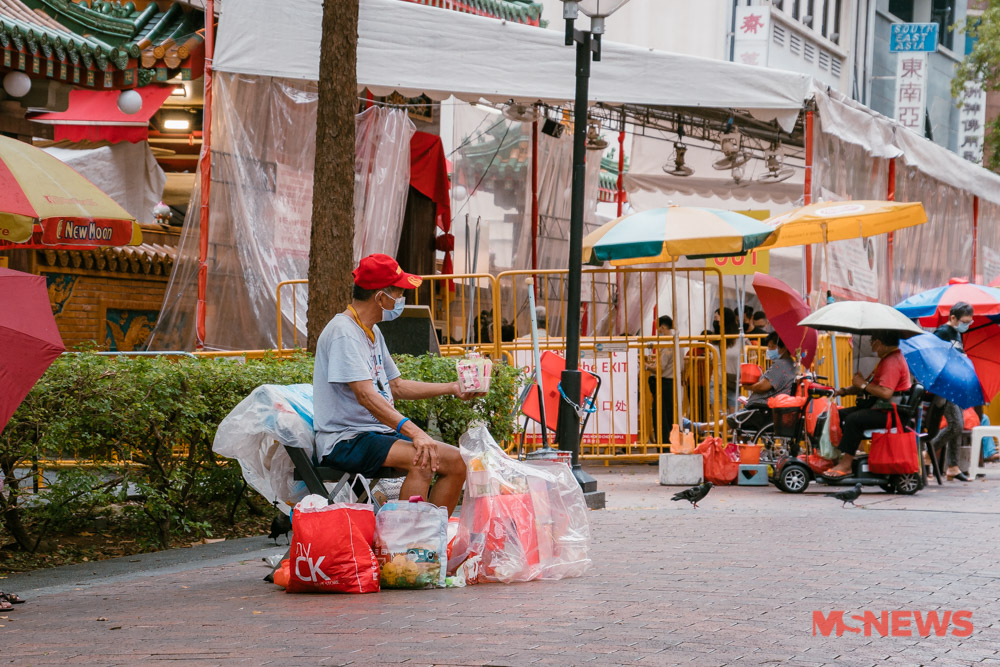
Folks who had not built up enough savings and are struggling in retirement actually automatically qualify for the Government’s Silver Support Scheme. Should they meet the relevant criteria, Singaporean seniors aged 65 and above will get Silver Support payouts of up to S$900 per quarter, regardless of their HDB home size.
Seniors may visit the Silver Support Scheme website here for more info. They may also refer to SupportGoWhere for a more comprehensive list of all the help available.
Family & community are key pillars
Other than the Government, the direct community and family surrounding the elderly play important roles too.
Should they truly be unable to support themselves at any point, they will need a safety net to fall back on. One MS News reader gave the example of charitable groups that are always on the lookout for old folks in need.
Such initiatives aren’t low on volunteers and goodwill either, as most Singaporeans are usually generous enough to contribute. With them around, hopefully, seniors living alone will have someone caring for their welfare.
Meanwhile, those who still have a family will hopefully have their loved ones to look after them.
Working in old age ultimately an individual preference
At the end of the day, most respondents concluded that working in old age is a personal preference.
Some may do so to pass the time, despite having enough savings and a family to support them. Others may be working to survive, even though they may turn to various avenues for help.
Whatever the circumstances may be, as long as a senior is healthy, the decision to keep working is theirs to make.
With the Ministry of Manpower (MOM) looking to gradually increase retirement and re-employment ages to 65 and 70 respectively by 2030, we can expect to see more seniors in the workforce.
And whether we like it or not, it may become a normal sight to see in years to come.
Have news you must share? Get in touch with us via email at news@mustsharenews.com.
Featured image adapted from Lianhe Zaobao and by MS News.
